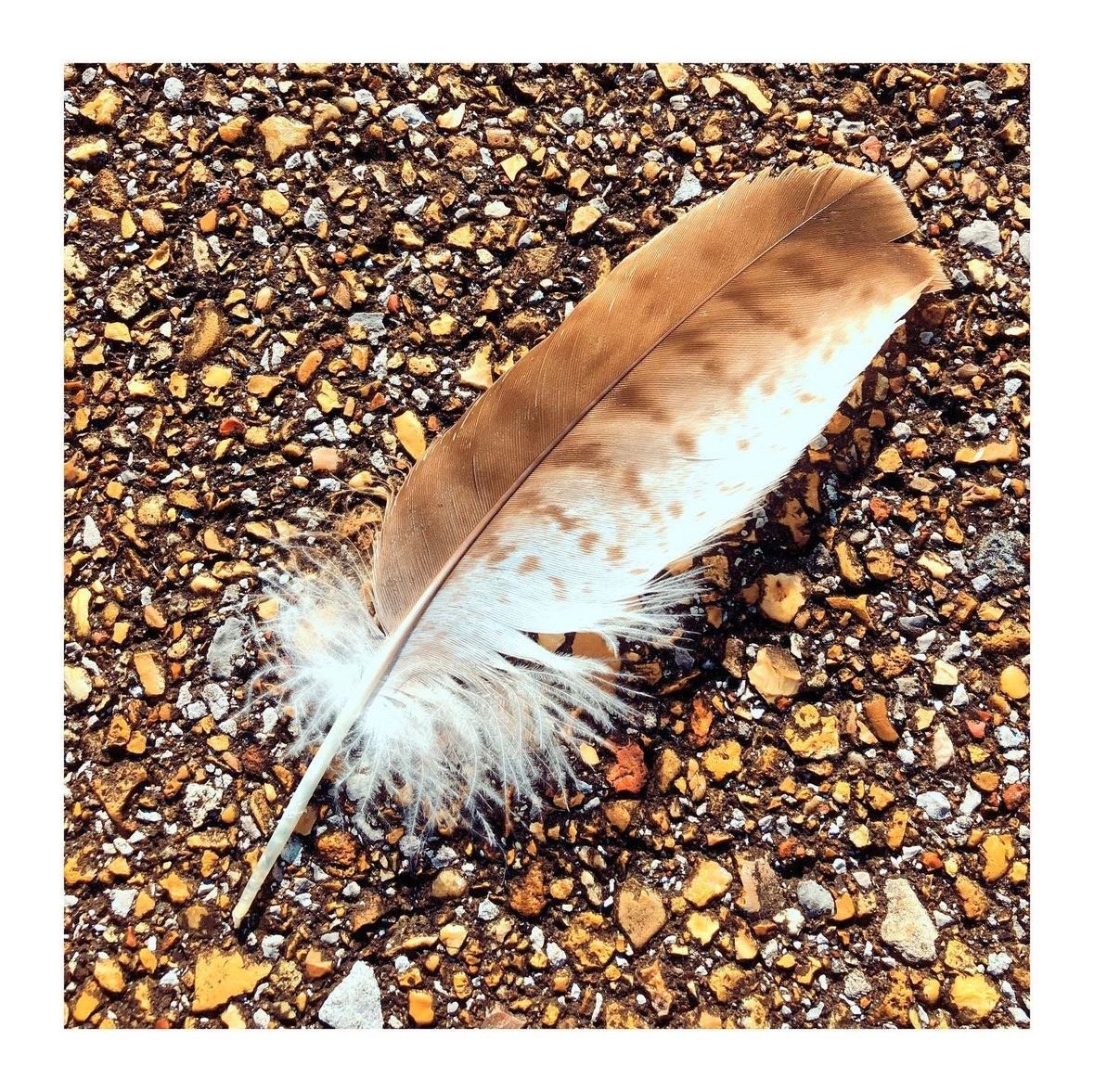The Things We Keep
I began writing this piece hoping to witness the historic election of Kamala Harris as the first female President of the United States of America and have edited it to reflect the actual, though unsurprising, outcome. While it wasn’t what I hoped for, it led me to reflect on different kinds of hope.
It’s both sobering and heartwarming to visit your parents and see them hand over pieces of your past, each item carrying a memory they’ve carefully preserved in Rubbermaid boxes. I remember when it first started, I would have a box or two to go through, like my Calculus notebooks (valuable!) and diaries from when I was a kid (life was so hard). Most of it was nothing I needed, but I was touched that they kept it for as long as they did. And it was fun to look through. The photos from sleepovers, roller skating rinks, and college parties made me grateful for all the love and friendships that have enriched my life.
The items accumulated over time: my high school graduation cap, then college, then law school. Now I’ve inherited my own portrait from a visit to Paris in 1999. I have no idea where to put it (a friend suggested I should tower over the guest bathroom) and was frankly insulted that my mother took it down from her bedroom. Why wouldn’t parents want to gaze always upon their daughter at 20?!
Recently, my mother found a printed email from my dad written on my 20th birthday. In it, he shared, “Being a smart-ass 26 year old with a bad attitude, I had thought I wanted a son. … Since then [me getting sick right after I was born] I have never regretted, not even for a split second, that you were the best possible child that I could have ever had.”
My father's evolution reflects a deeper understanding of gender equality. While many parents think of their children as the best children, even as a young father, he had seen the obstacles his daughter might face and resolved to help me build strength and empathy as my armor. He encouraged me to pursue studies where the playing field was more even, introduced me to women writers, and joined the National Organization for Women with me during my high school years. We have matching pins — mine recently rediscovered in one of those boxes from home.
From the top of The Frame, I observed American history from afar, a surreal experience that offered a quiet, reflective distance from the noise back home. I watched the returns from another country, first from my hotel room on CNN, then on my phone. In a city as dynamic as Dubai, I felt strangely detached, witnessing history unfold from thousands of miles away. Yet this distance gave me a perspective on resilience and the global impact of such a decision.
Casting my vote for a woman of color felt like a step forward, even as the aftermath revealed how much work remains. The post-election rhetoric about women’s rights and bodily autonomy from the opposition is a deeply concerning regression. I will never understand the appeal of the other candidate, though I note some common denominators among those who supported him.
Rather than devastation, I found myself experiencing a mix of motivation and anger. The disappointment, while real, has fueled determination to continue to work for change. The sky is not falling — we are alive, we are here, and there is work to be done.
International education, intercultural experiences, and higher education are more crucial than ever. With higher education, voters might better understand economic policies like tariffs and their direct impacts and the true purpose of our legal system and the U.S. Constitution — to expand our rights and protect us from authoritarianism. Through intercultural experiences, perhaps voters would develop empathy for those affected by political decisions. International education opens minds to different lived experiences, fostering compassion and understanding. We need more allies in this world who have benefited from these opportunities for growth – more men joining NOW with their daughters, more representatives advocating for women's rights, more voices countering dangerous rhetoric through education and empathy. If more people engaged in intercultural exchanges, we might see fear replaced by unity and compassion for people they have never met but have come to understand.
As Emily Dickinson wrote, “Hope is the thing with feathers” — a delicate yet resilient creature that sings within our souls. As my parents preserved hope for me in every box they saved, I keep hope for our country now, that we will not only endure but grow stronger through every challenge, rising with relentless resilience.


